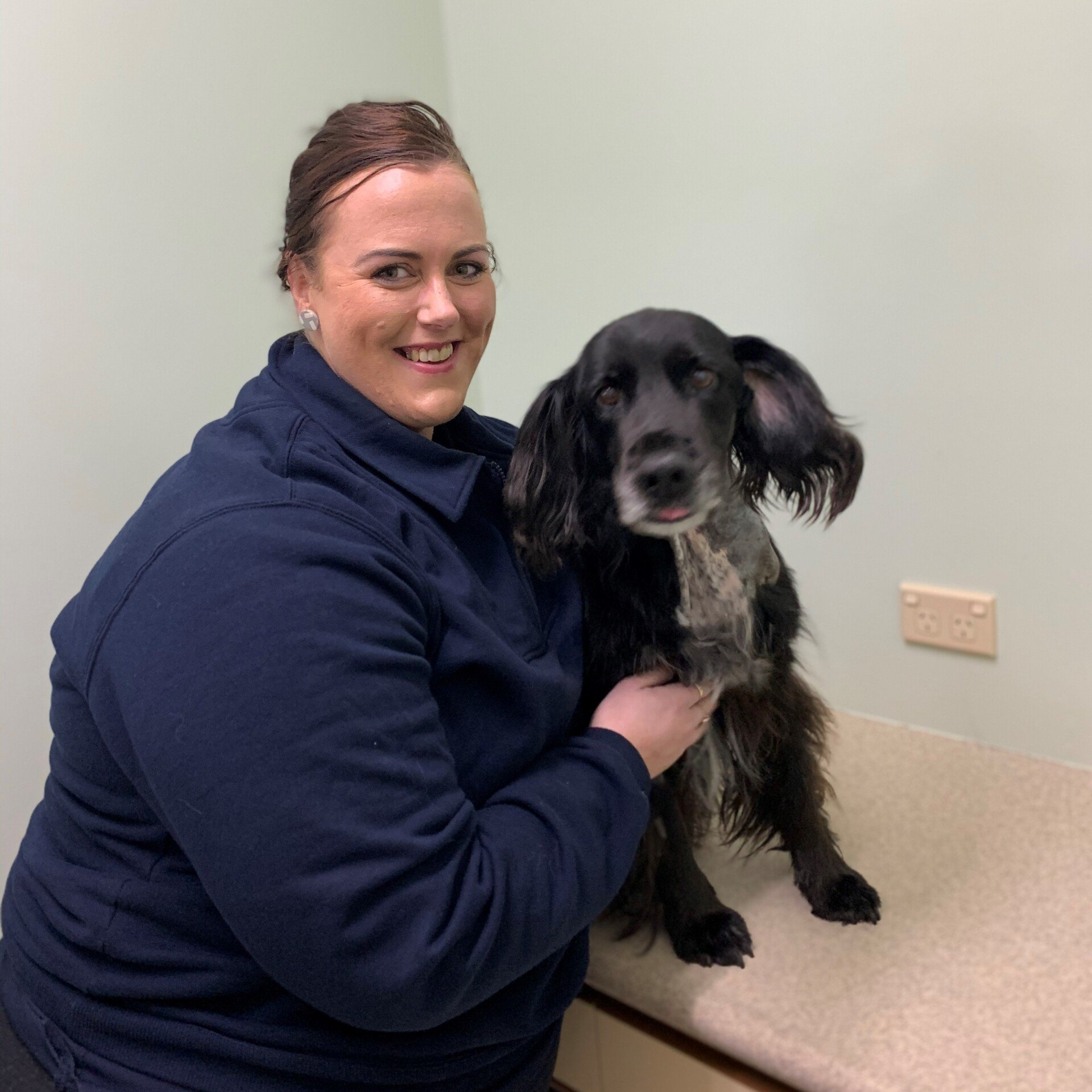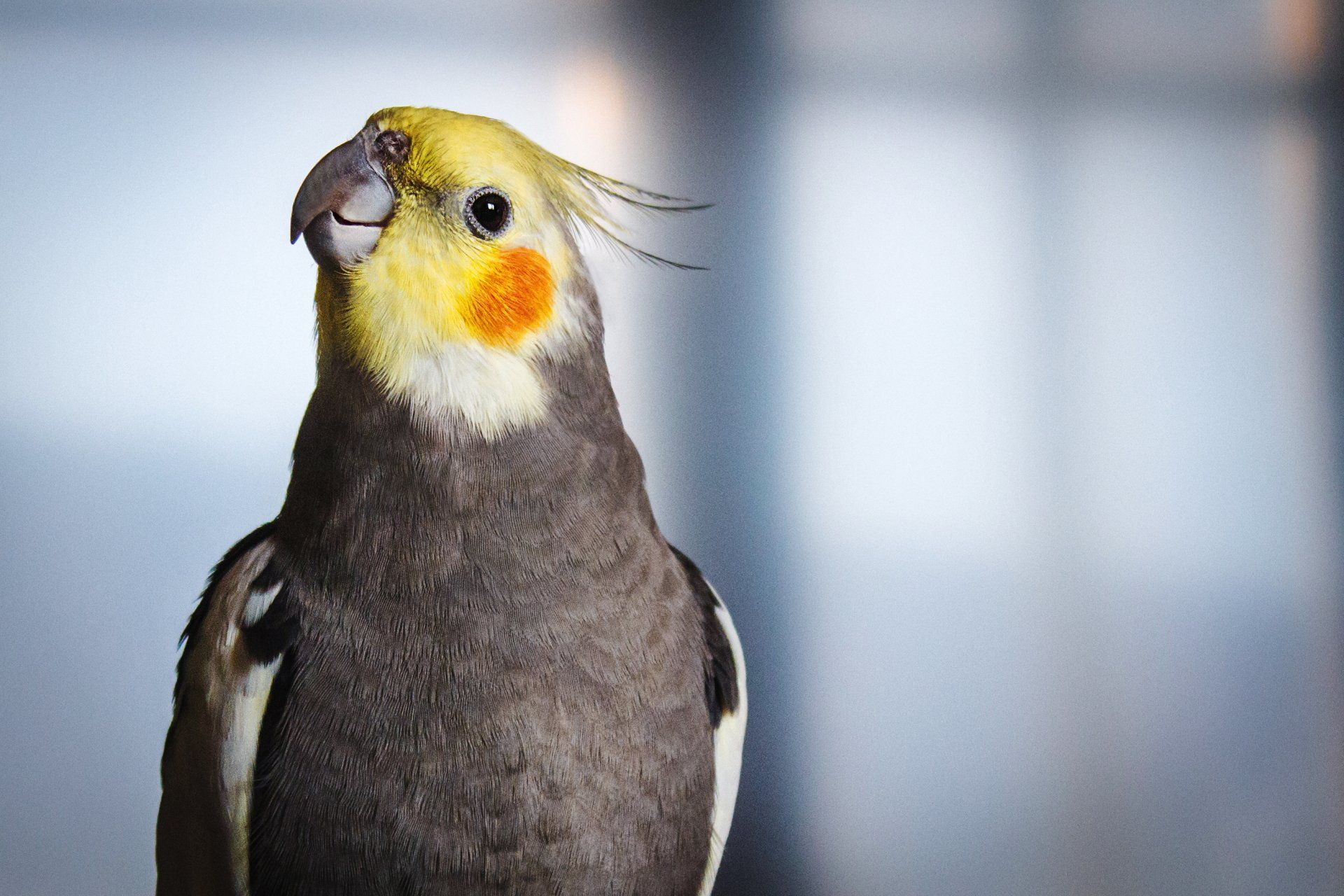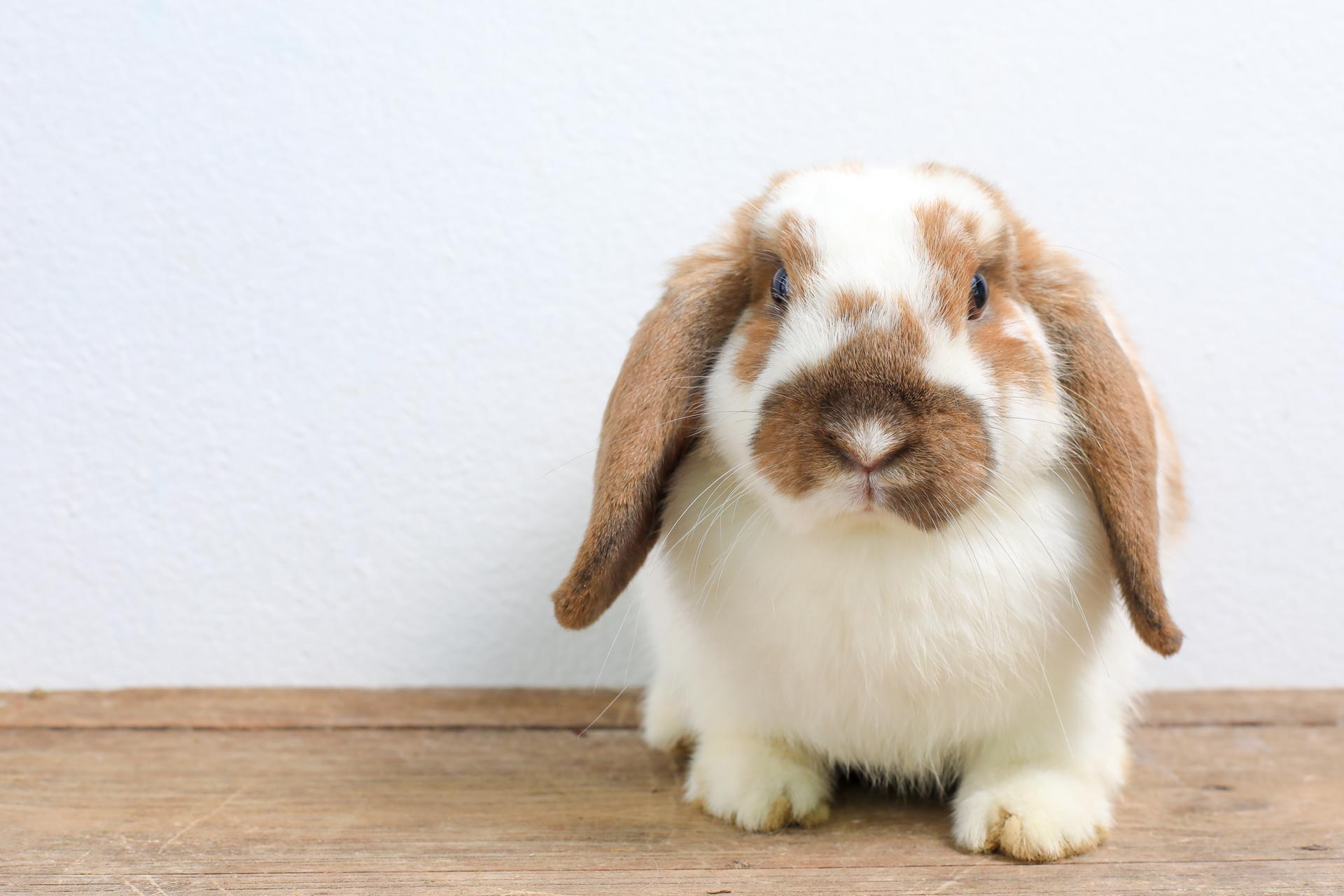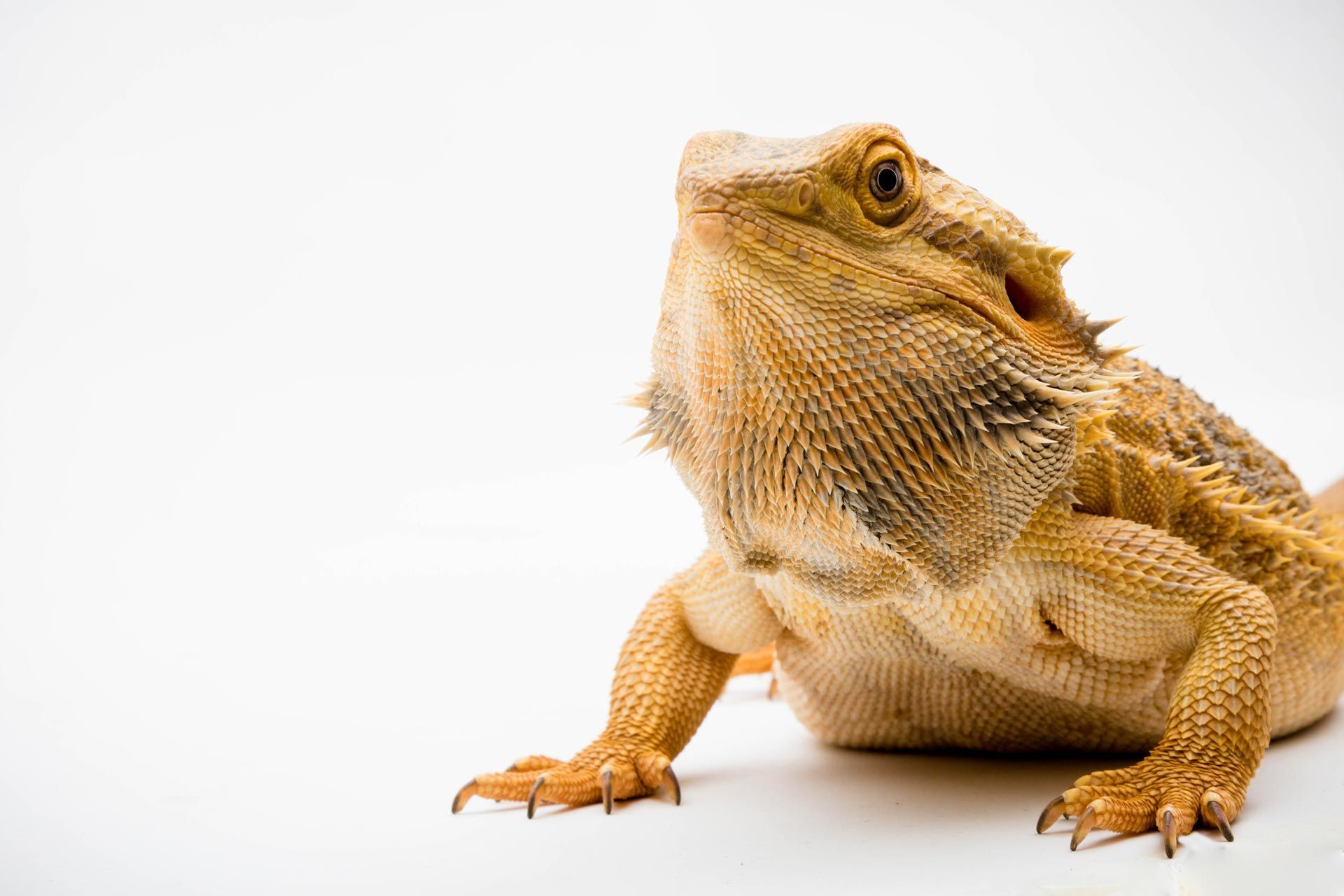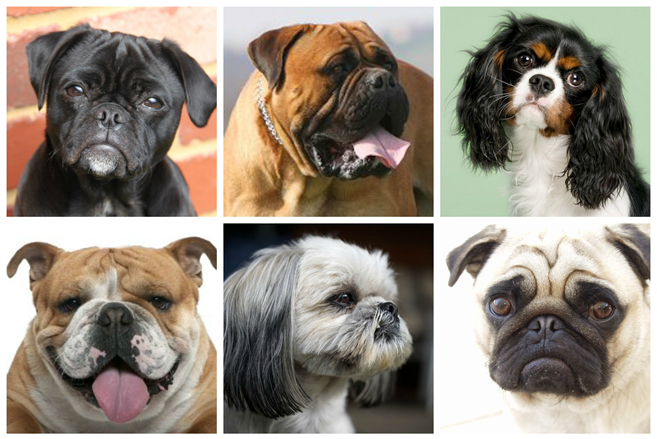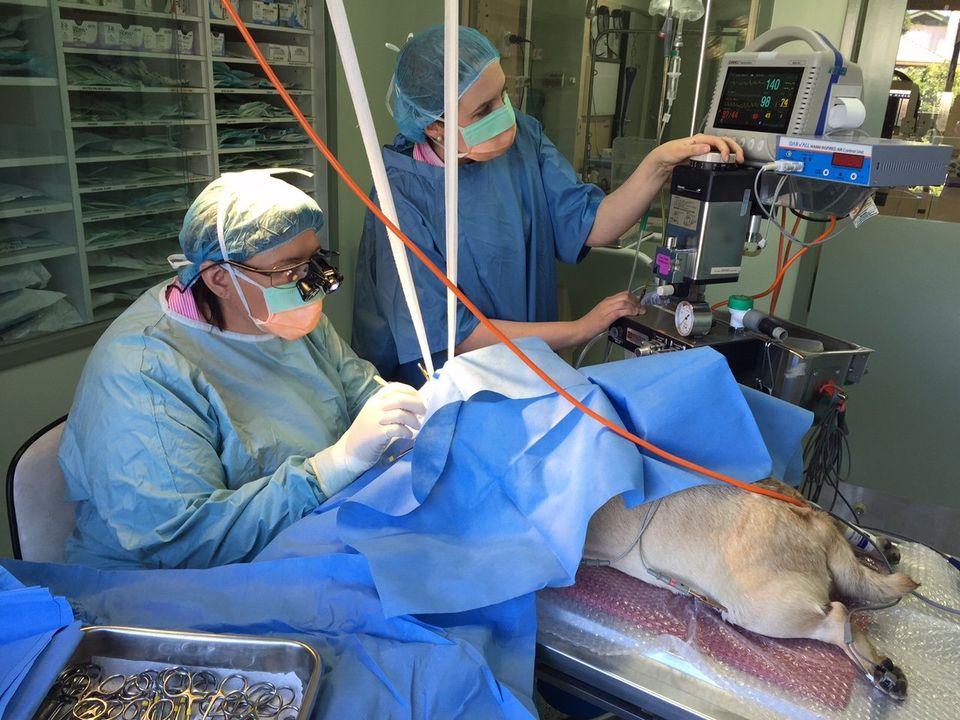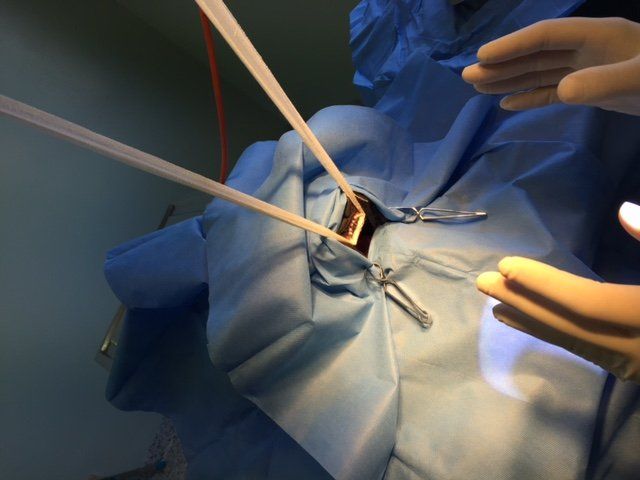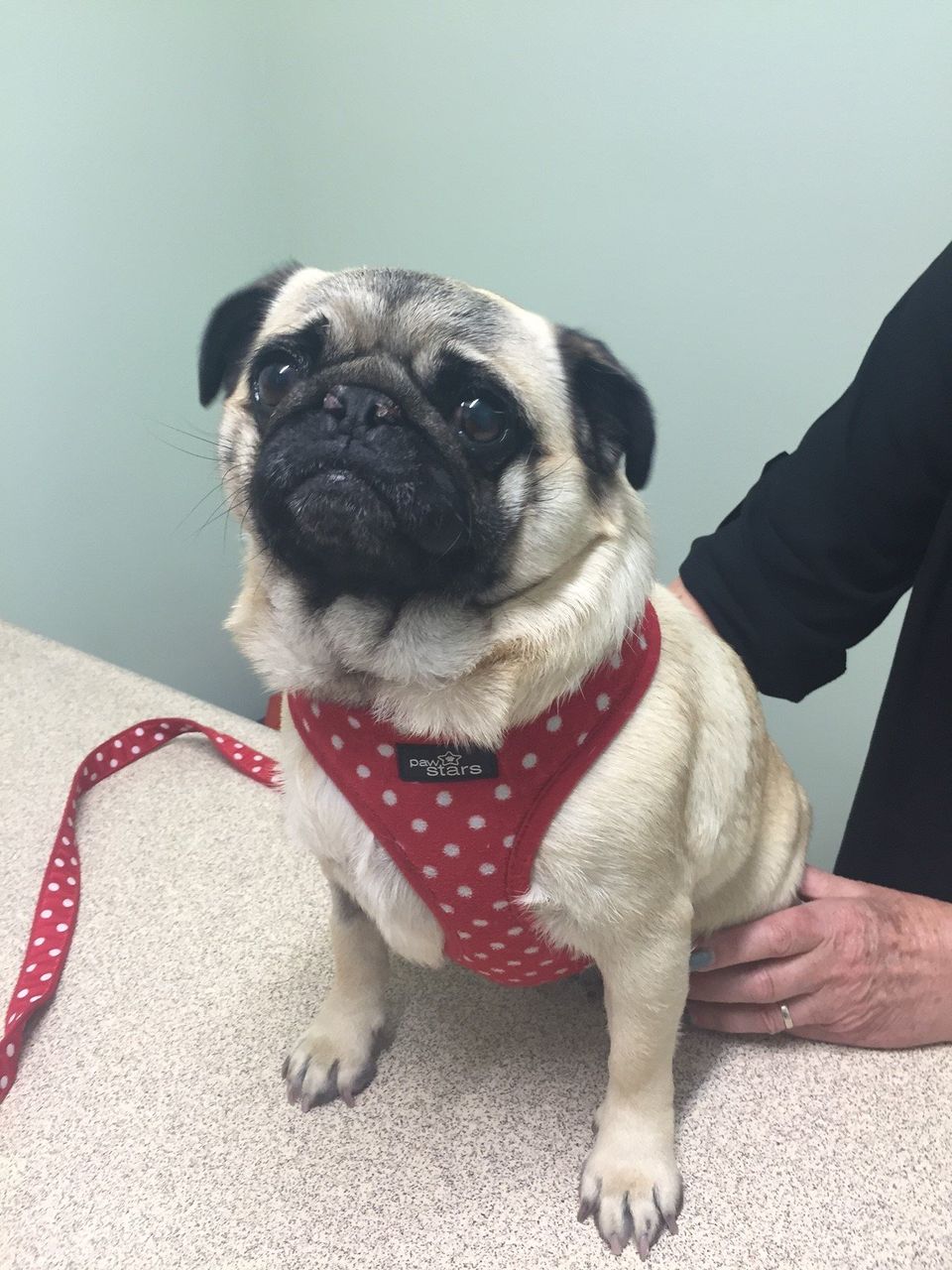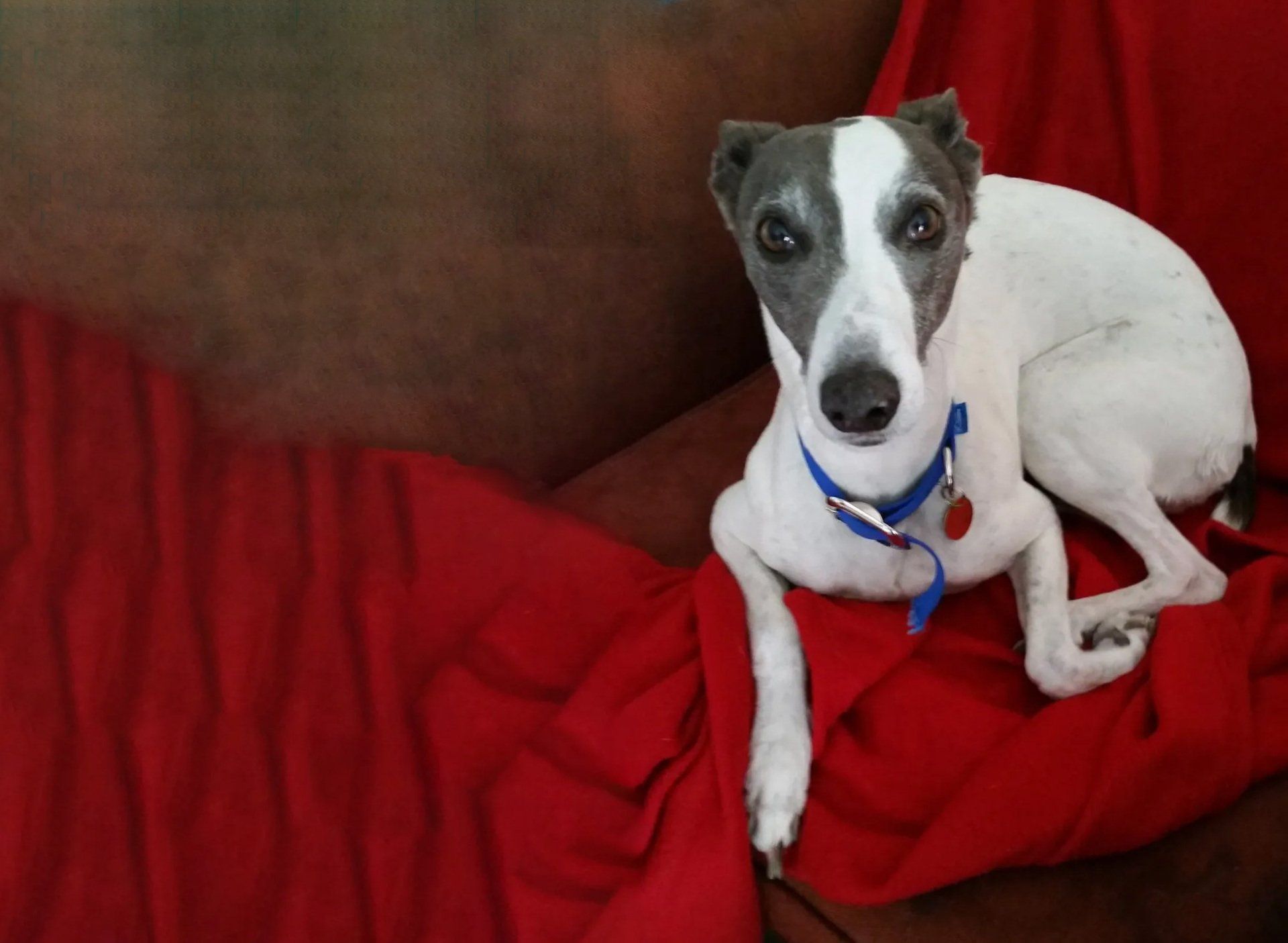Is It Normal for Dogs to Snort and Snore?
Some dogs seem to make more noise than a steam train when they are sleeping! Lots of our clients comment on this & accept it as a normal for their dog. They are surprised to find out that is is often due to a medical condition, which can be harmful to their fur-baby and they are equally surprised to learn there is something we can do about it.
Snoring most commonly occurs in breeds which are referred to as “brachycephalic” which basically means “short-headed”. Some of the cutest & most popular breeds of dogs fall into this category- Pugs, Cavalier King Charles Spaniels, Shih Tzus, Bulldogs and many more.
Along with their short heads & squashed faces, these breeds may share some other features in common. These other features which if severe, can have a significant impact on their breathing and lead to snoring, snuffling & other respiratory noises.
They include:
- Narrow nostrils (technically called stenotic nares). As an exercise, take note of how easily you can breathe through your nose. Then, gently pinch your nostrils until they are half closed & then try breathing through your nose. I am sure you will see that a little narrowing can actually make quite a difference. Narrow nostrils often contribute to the snuffly noises some dogs make.
- A long soft palate (elongated soft palate). The soft palate is the long, floppy bit at the back of the roof of the mouth. If this is too long it gets sucked in & out of the larynx every time a breath is taken causing an obstruction to airflow into the lungs and associated snoring noises.
- A narrow windpipe (trachea). Like the nostrils, any narrowing here, limits airflow into the lungs.
Over time these conditions may lead to weakening of the cartilage of the larynx and in severe cases the larynx may collapse causing further obstruction which is potentially life-threatening.
There is not anything we can do to change a narrow windpipe but the other two conditions can benefit greatly from surgery. The nostrils can be widened and the soft palate shortened to allow a significant increase of airflow into the lungs. This will help reduce (maybe not eliminate) snoring but more importantly it will improve the quality of life for affected dogs immensely. Giving dogs the longest, best quality life is the goal of these simple surgeries.
I performed these surgeries on my own pug, Rosie many years ago and can testify to the benefits of early intervention (both for Rosie’s breathing & my sleep, considering she slept my bedroom!). As a vet, it is pleasing to be able to help affected dogs but it would be nicer if these genetic problems did not exist. There is a lot of ethical debate about breeding of brachycephalics which would be a whole blog topic in itself.
If you are concerned about some of the noises your dog makes and wonder if they are normal then don’t hesitate to bring them in for an assessment. Like most things, early intervention is much better than when things are more advanced. Call us if you want to know more.
Below is a photo of Gypsy having her nostrils widened & soft palate shortened.
Gypsy’s Owners reported that she made a very quick recovery from Surgery and that Gypsy is no longer snoring.
Gypsy was all smiles at her post surgery check up with Dr Debbie.
